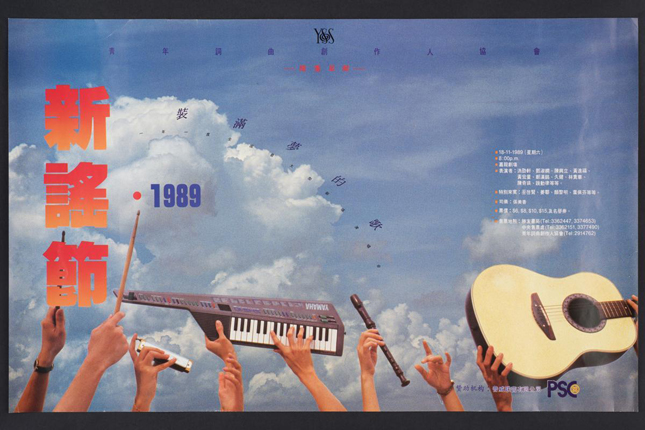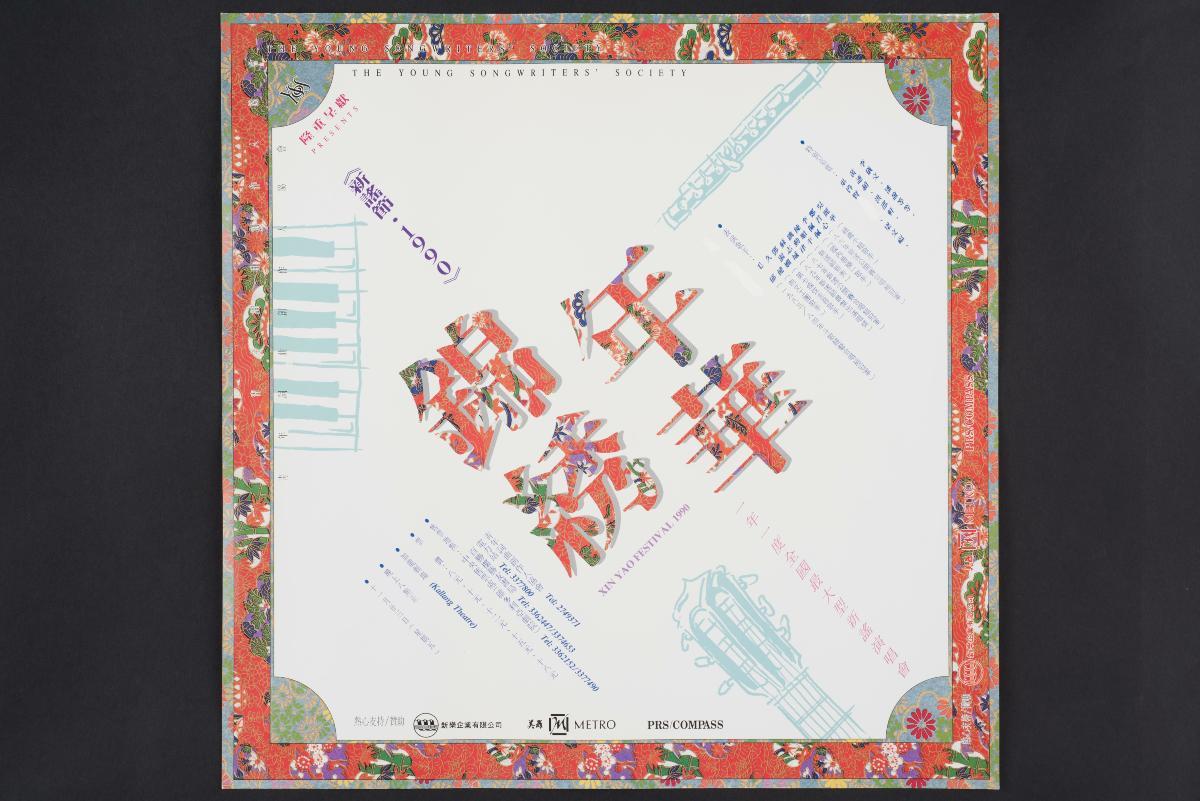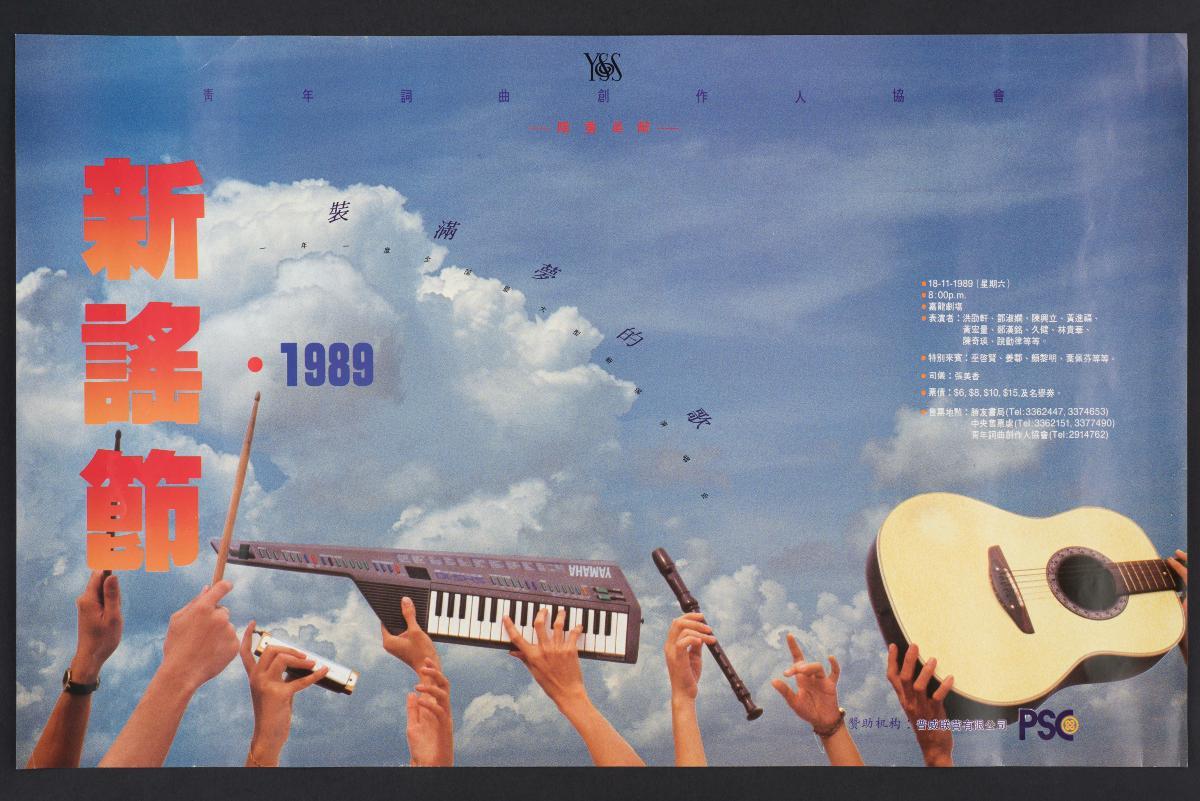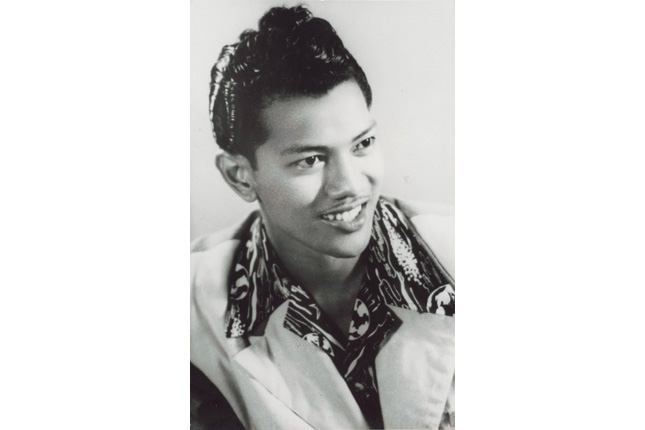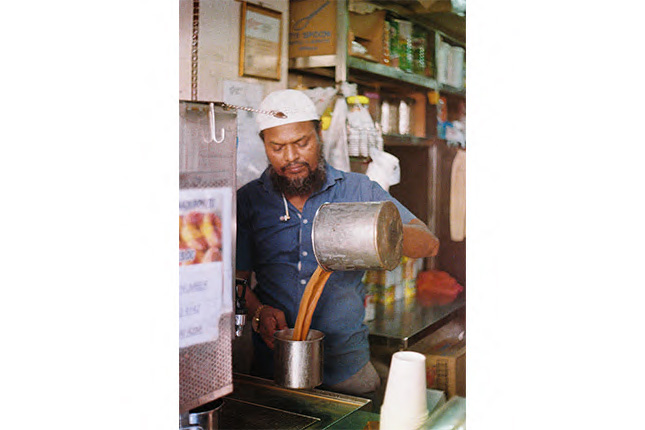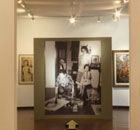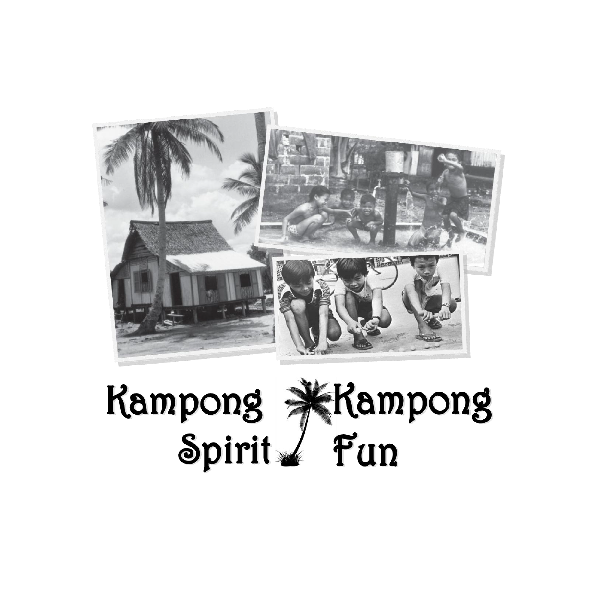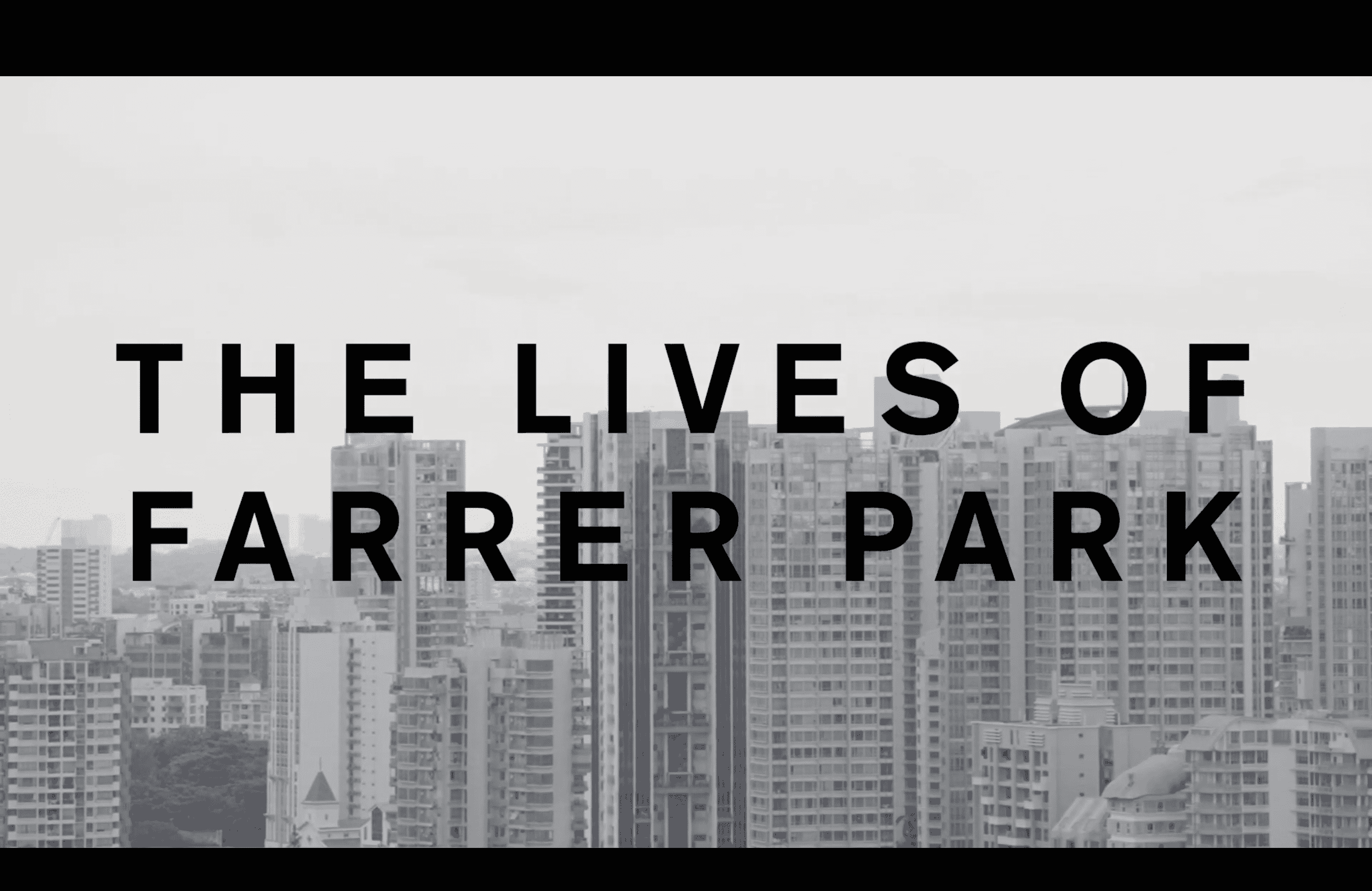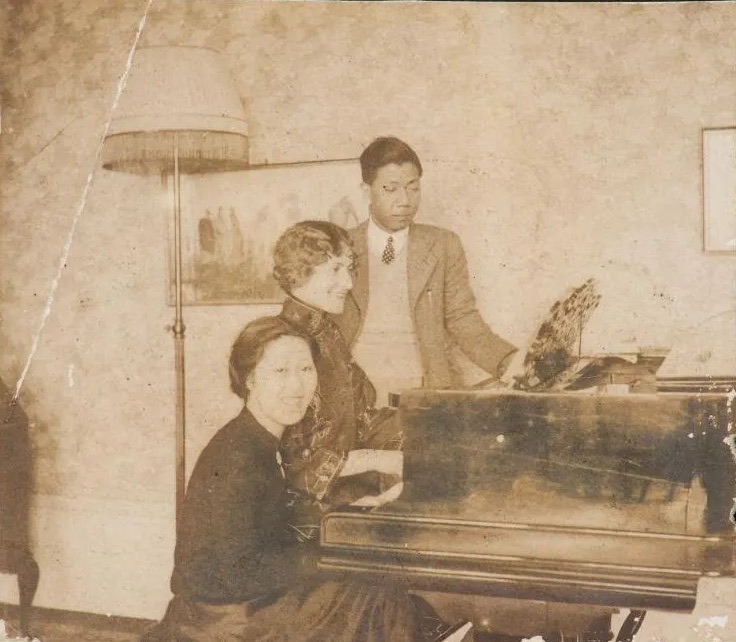Xinyao
The term xinyao (新谣) refers to a repertoire of Mandarin songs composed, written and performed by young Singaporeans. Its roots can be traced back to the late 1970s, where many students in secondary schools, junior colleges, polytechnics and the Nanyang University began writing songs in Mandarin to express their thoughts and feelings. It was also influenced by the campus folk song movement in Taiwan in the 1970s.
The term xinyao was coined at a 1982 seminar organised to discuss locally composed schoolyard songs. The term xinyao is short for 新加坡年轻人自创歌谣, which means “ballads created by young Singaporeans”.
Geographic Location
Many xinyao songs were composed in the context of school campuses, and contain specific references to places and events crucial to Singapore as a young nation, as well as collective memories that the public could identify with.
Xinyao songs are also played on the radio and performed at festivals, school campus and concert grounds. There are also music cafes that feature budding local songwriters and xinyao songs.
Communities Involved
Xinyao started out with student groups from junior colleges, polytechnics and universities. Singaporean Chinese singers and songwriters continue to celebrate and promote xinyao songs. Fans, listeners and audiences also make up the Xinyao community, with youths of each generation who are proficient in the Chinese language as the core group of followers.
Associated Social and Cultural Practices
Xinyao is characterised as songs expressing coming-of-age musings and aspirations, friendships and social opinions, with the guitar as the main instrument of accompaniment.
The heyday of xinyao was in the 1980s, where various competitions and performances were held, and TV programmes featuring xinyao musicians and songs were screened. The xinyao movement also produced many notable singers and song writers, including Eric Moo (巫启贤), Billy Koh (许环良), Liang Wern Fook (梁文福) and Roy Loi (黎沸挥).
Present Status
The xinyao movement started to decline in the 1990s but has experienced a revival in more recent years, with several local movies, musicals and documentaries based on xinyao being made. One of the more notable moments in recent years, is the xinyao concert held in July 2014 at the Bras Basah complex, where more than 1,000 fans braved the rain to listen to familiar xinyao tunes.
The Chinese newspaper Lianhe Zaobao and the Committee to Promote Chinese Language Learning (CPCLL) have also introduced annual nationwide xinyao competitions since 2016, and it can be seen from the winning entries that xinyao has the creative potential to be continued. There had even been cross-ethnic participation in xinyao, where non-Chinese Singaporean students have taken part in competitions, and expressed their love for xinyao.
References
Reference No.: ICH-019
Date of Inclusion: April 2018; Updated March 2019
References
Chan, B. “Xinyao Reunion” The Straits Times, 6 June 2014.
Chan, B. “1,000 fans brave rain at Bras Basah for xinyao singers” The Straits Times, 6 July 2014.
Dairianathan, Eugene & Chia, Wei Khuan. “Shuo Chang: Giving voice to and through Xinyao, a musical practice in Singapore”, Journal of Multi-Disciplinary Research in the Arts. 2(1), 2010.
Guan, L. “The changing face of xinyao over the years” The Straits Times,, 2 September 1994.
Kong, Lily. “Making music at the margins: a social and cultural analysis of xinyao”, Asian Studies Review 19(3): 99-124, 1996.
Lee, J. “Students show their love of xinyao” The Straits Times, 22 Feb 2019.
Liang, Wern Fook. 新谣: 我们的歌在这里 (Xinyao: Our songs are here). Singapore: Composers & Authors Society of Singapore Ltd (COMPASS), 2004.
Soh, Peiwen. “Complicating nostalgia: That girl in pinafore’s nostalgia for Xinyao”. London: King’s College London Undergraduate dissertation, 2015. http://www.academia.edu/13294394/Complicating_Nostalgia_That_Girl_in_Pinafores_multiple_nostalgias_for_xinyao. Accessed 30 October 2017.
Yan, Ruyan. “新加坡派” 的文化糾結——梁文福詞曲作品中的認同與雜糅 (“The Cultural Entanglement of “Singapore Pie”: Identity and Hybridity in Liang Wern Fook's Works of Lyrics and Songs”). Masters Thesis, Tainan: National Cheng Kung University, 2011. http://www.airitilibrary.com/Publication/alDetailedMesh?docid=U0026-2208201121513300. Accessed 30 October 2017.




